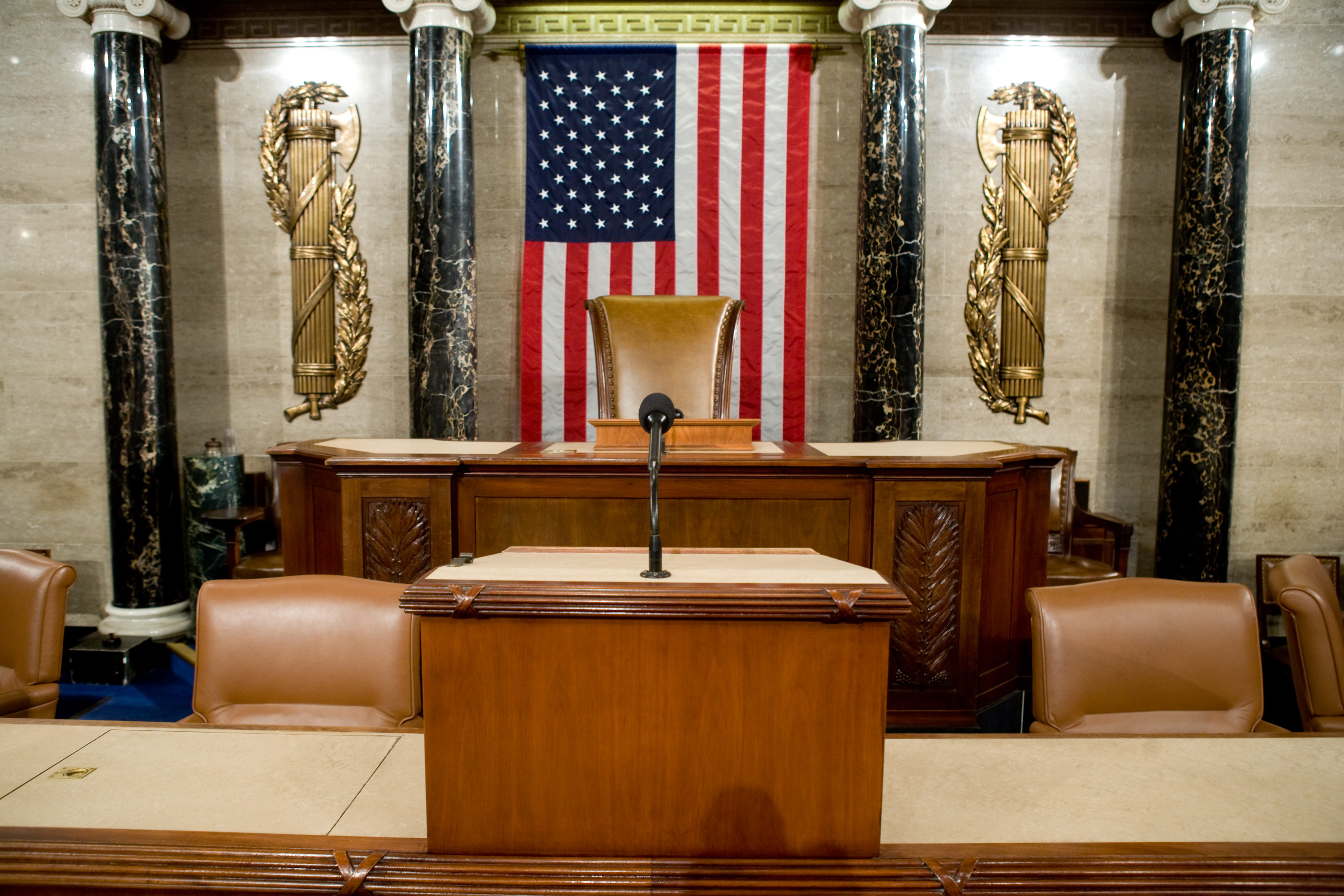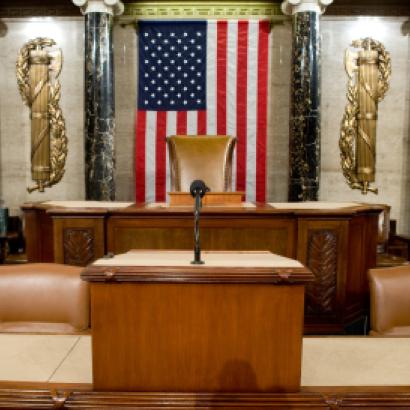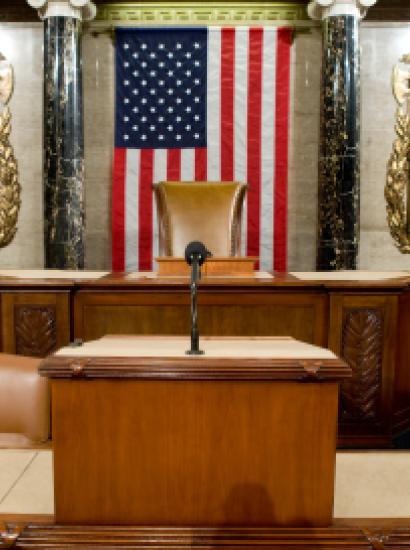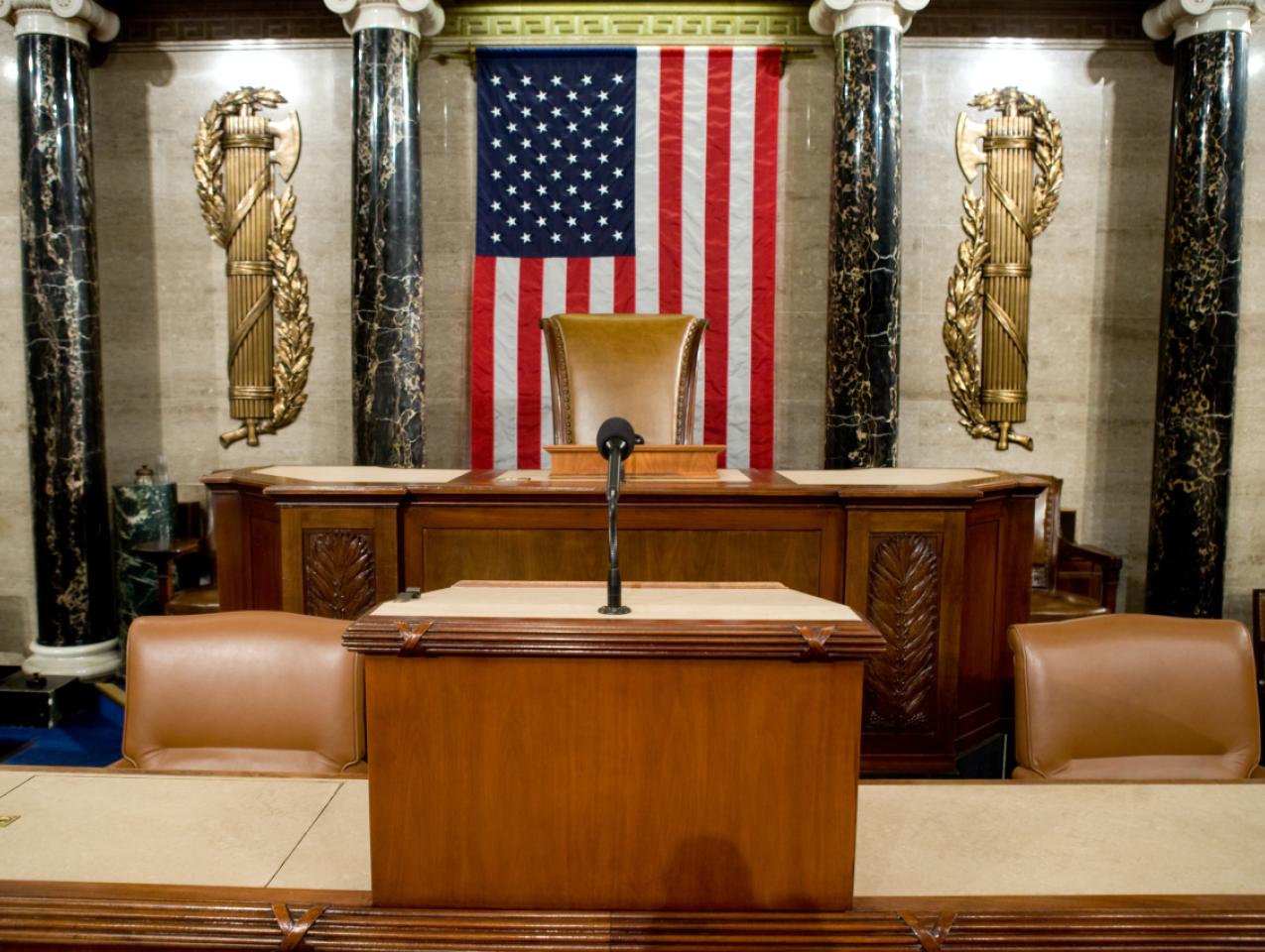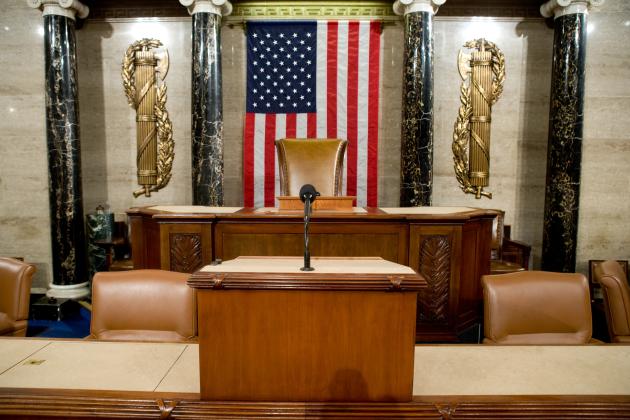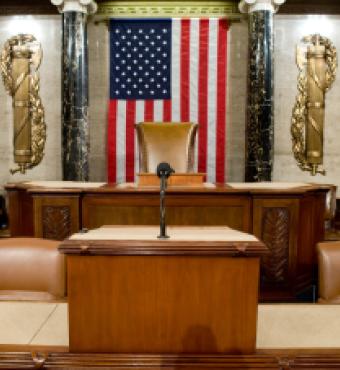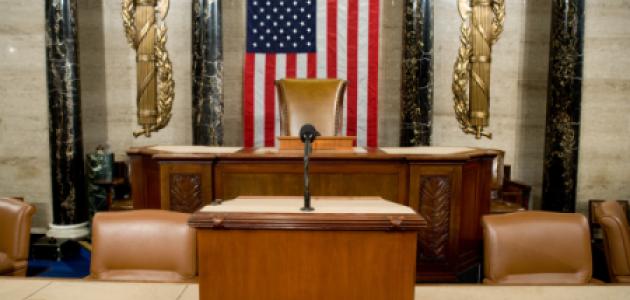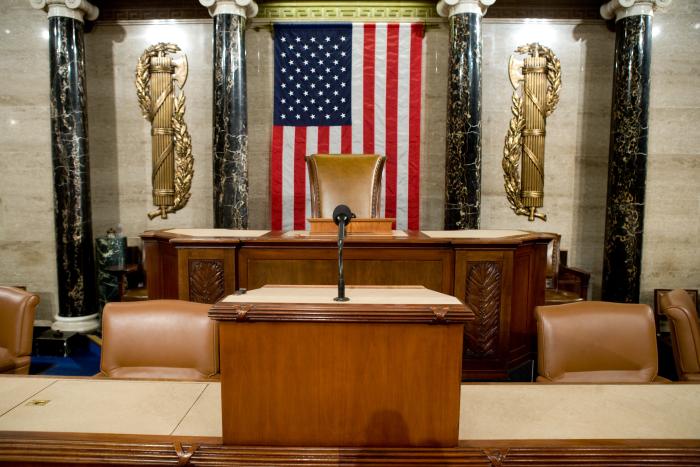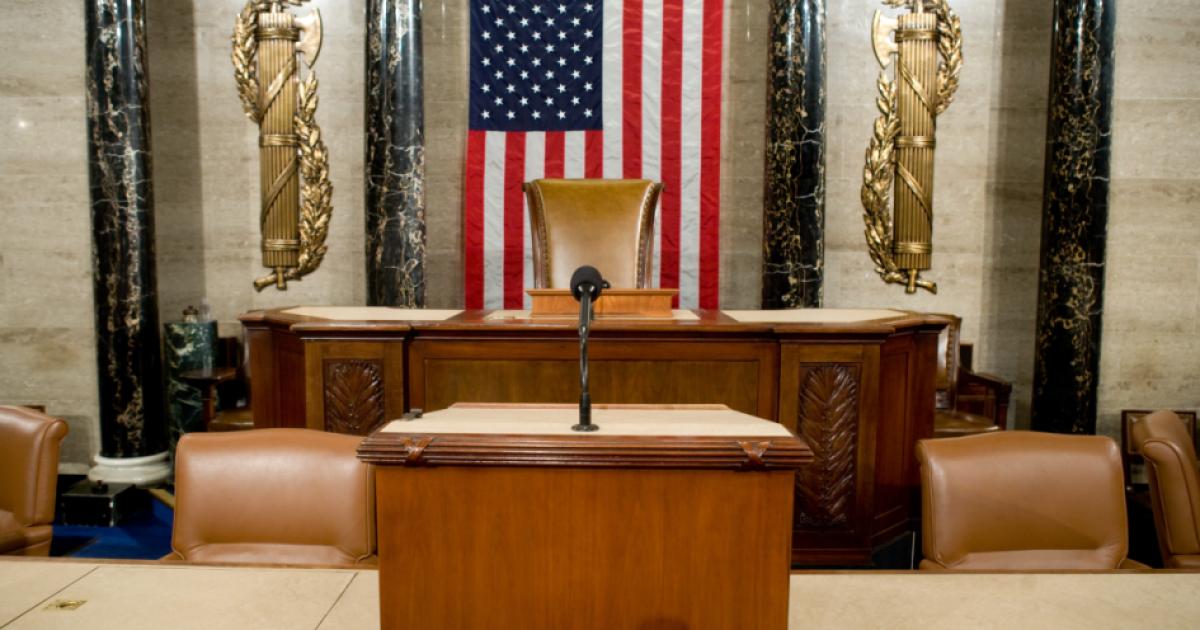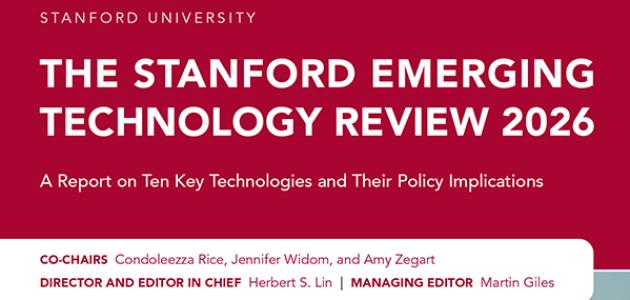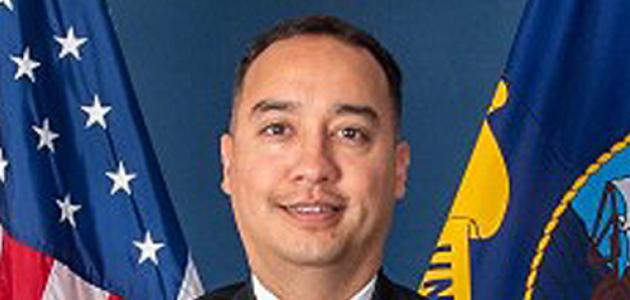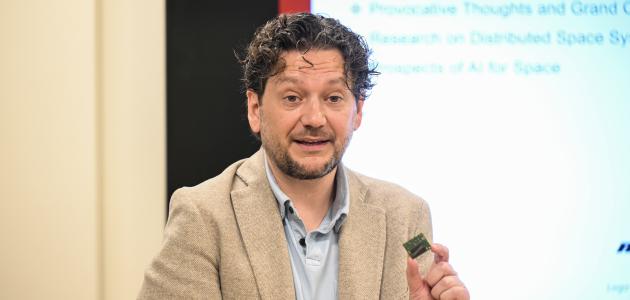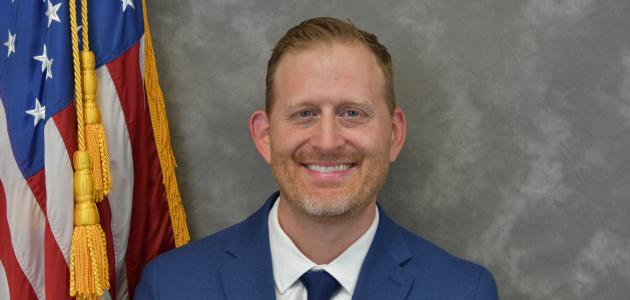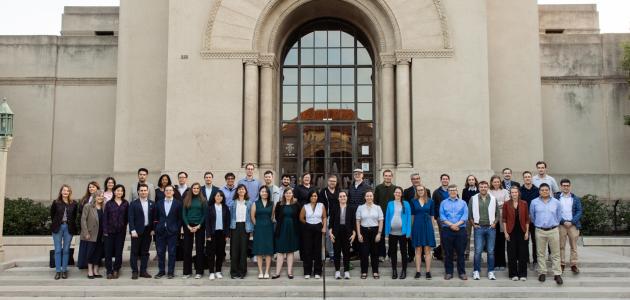The Polarization Research Lab (PRL) hosted its first annual meeting in collaboration with the Hoover Institution on March 2–3, 2023. Fifty-five attendees enjoyed an instructive two days of research and learning about partisan animosity at the Hoover Institution campus at Stanford University.
The meeting brought together academic experts and graduate students across disciplines who study partisan animosity in the United States and abroad; practitioners working with communities around the country to temper political polarization; and funders. The goal was to convene these groups in person to bridge the academic-to-practitioner divide and share advances in the study of partisan animosity among the top researchers in the field. PRL designed this conference to maximize networking and mentoring opportunities for young researchers and practitioners especially, as few such opportunities exist to attend a conference with senior faculty from among the diverse fields of political science, psychology, sociology, and economics.
On March 2, Tad and Dianne Taube Director of the Hoover Institution, Condoleezza Rice, welcomed the attendees and introduced keynote speaker Utah governor Spencer J. Cox. Dr. Rice and Governor Cox both spoke to the salience of a gathering dedicated to reducing partisan animosity and the critical importance of social science research in uncovering causes and effective treatments to reduce toxic polarization. Speaking about his campaign, Governor Cox highlighted his and his opponent’s efforts to campaign civilly and positively while maintaining intellectual debate about policy.
The following two days included seven academic talks with discussant feedback and five panel presentations, all of which stimulated highly engaged audience questions. The meeting was also a venue for researchers to present their works-in-progress in a small-group workshop format. For early-to-mid-stage projects, this was a unique opportunity to receive cross-disciplinary feedback from the foremost scholars of partisan animosity and will help refine their projects for publication in top journals.
Major goals of the presentations were to generate an understanding of partisan animosity and lay a path for future work. A central theme of the research presented was ensuring that we understand the causes of such polarization in order to correct the problem and not just its symptoms. Topics included the definitions and drivers of partisan animosity—highlighting both identity and policy issues—and the extent and measurement of democratic backsliding in the United States, which may not be as severe as some discourse suggests.
Another highlight was the presentation of initial results from experiments designed to correct misperceptions and draw study participants away from polarized stances based on them. Such practical interventions against partisan animosity were a priority of this conference. Clear themes and robust dialogue centered on the specific conditions under which misperceptions can be corrected and journalists can help counter misinformation through framing.
Researchers also presented initial findings from studies using data from the America’s Political Pulse survey, PRL’s signature effort to track partisan animosity through weekly surveys and data collection. The high-quality research presented at the meeting showcased the importance of well-designed and replicable experiments in understanding and treating political polarization. PRL cofounder and faculty director Sean J. Westwood also spoke about new projects coming in 2023, including the Library of Partisan Animosity, which will provide summaries of the seminal works on partisan animosity as well as information about experimental design and methodology.







